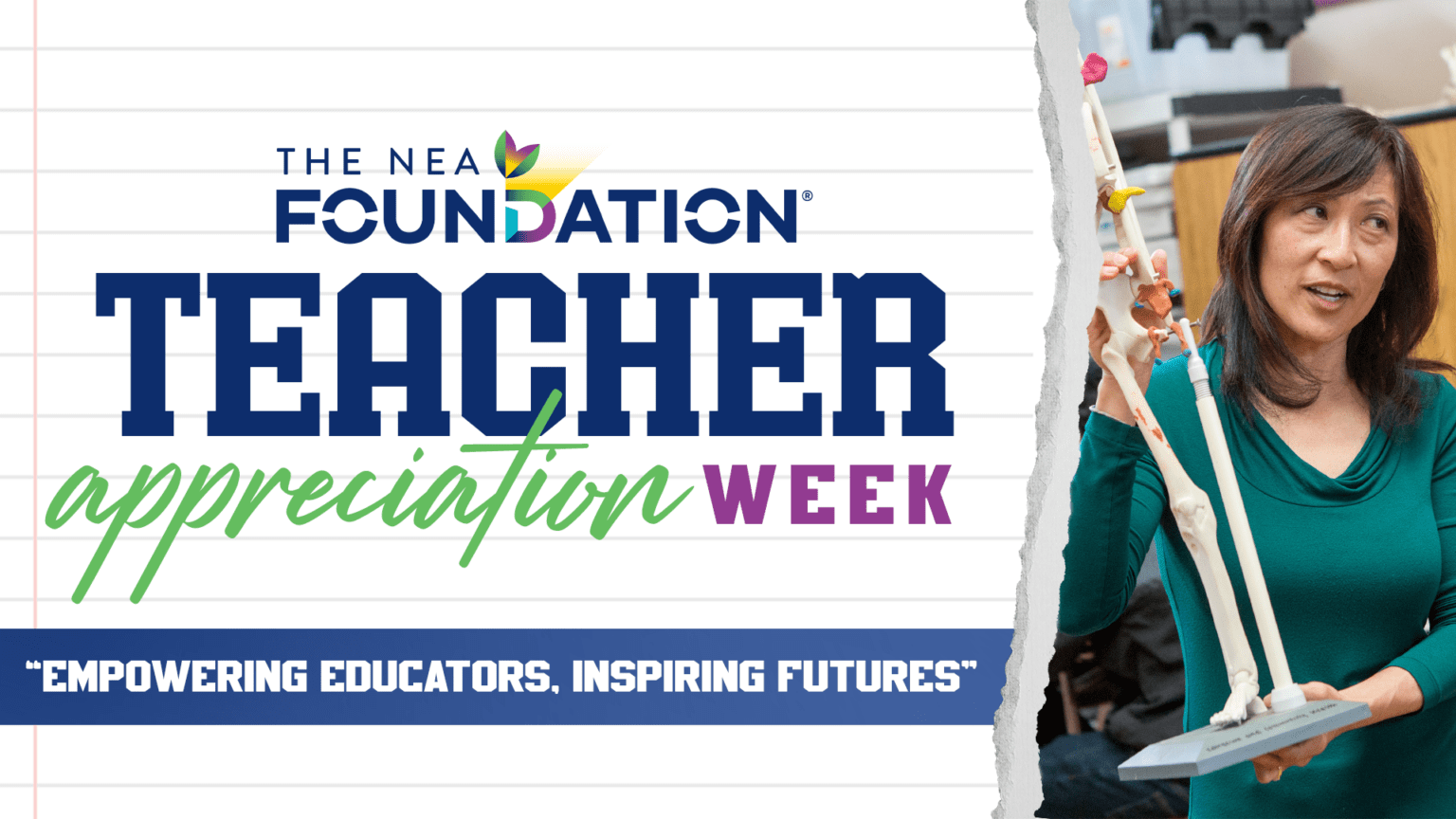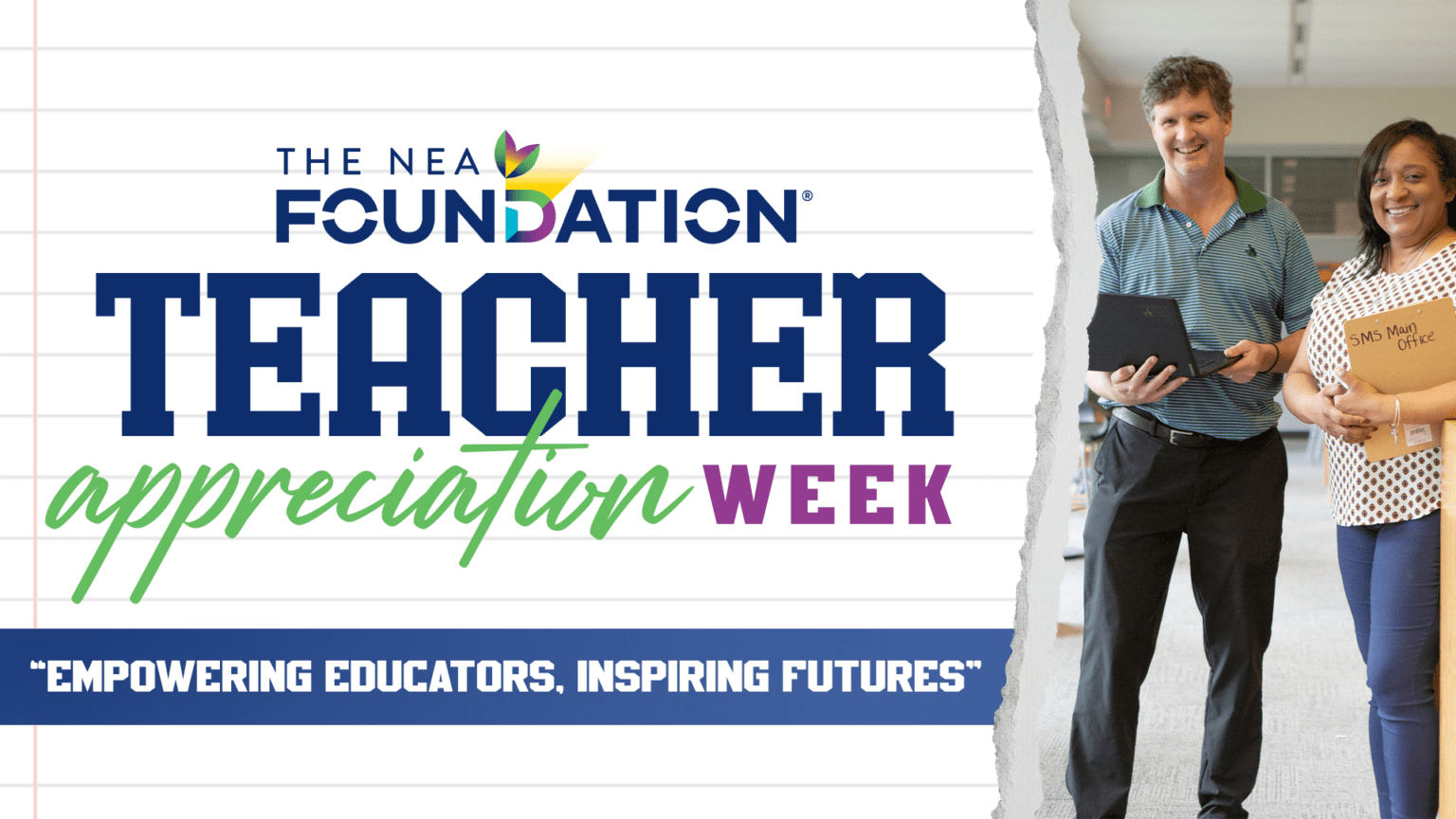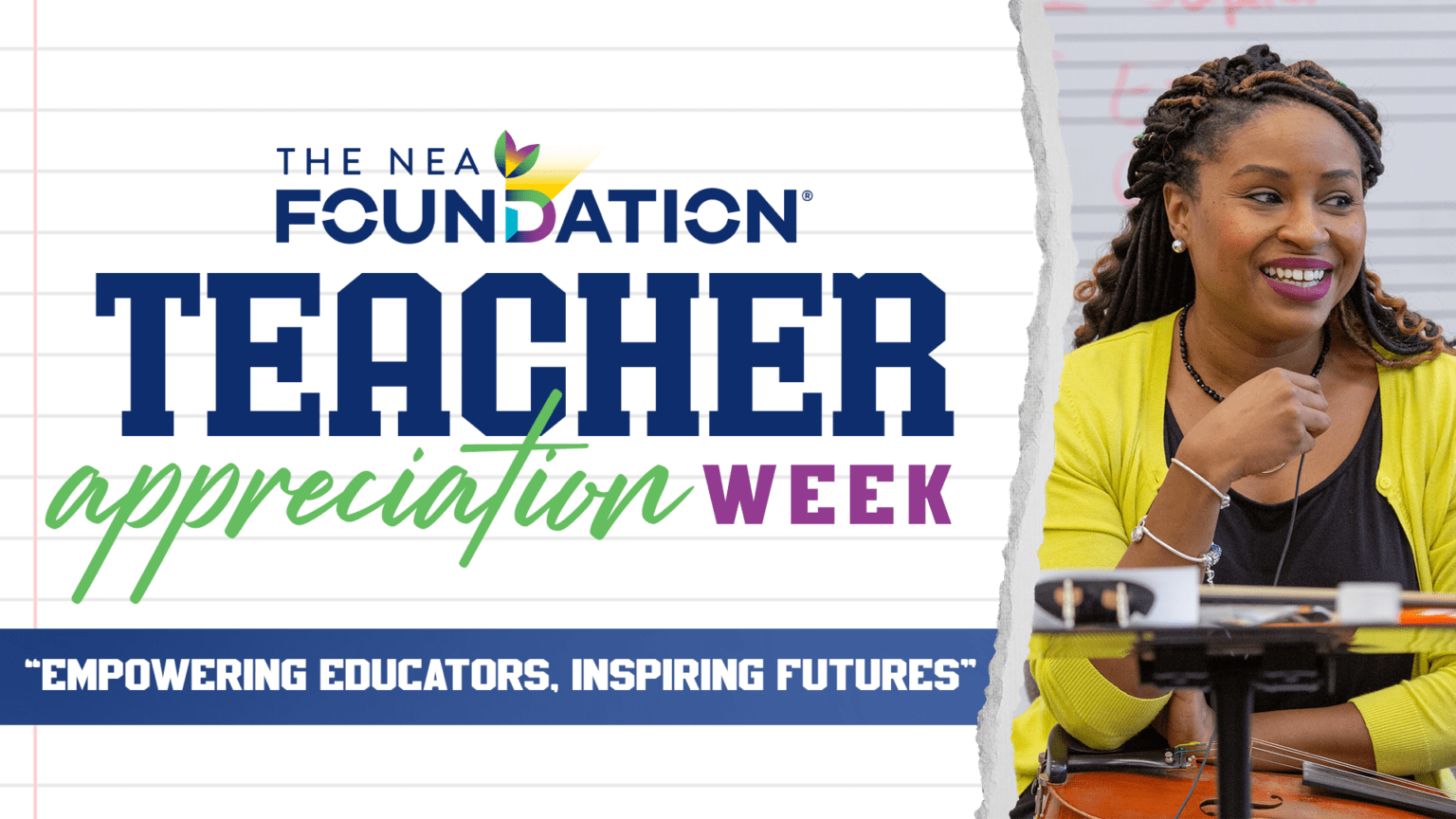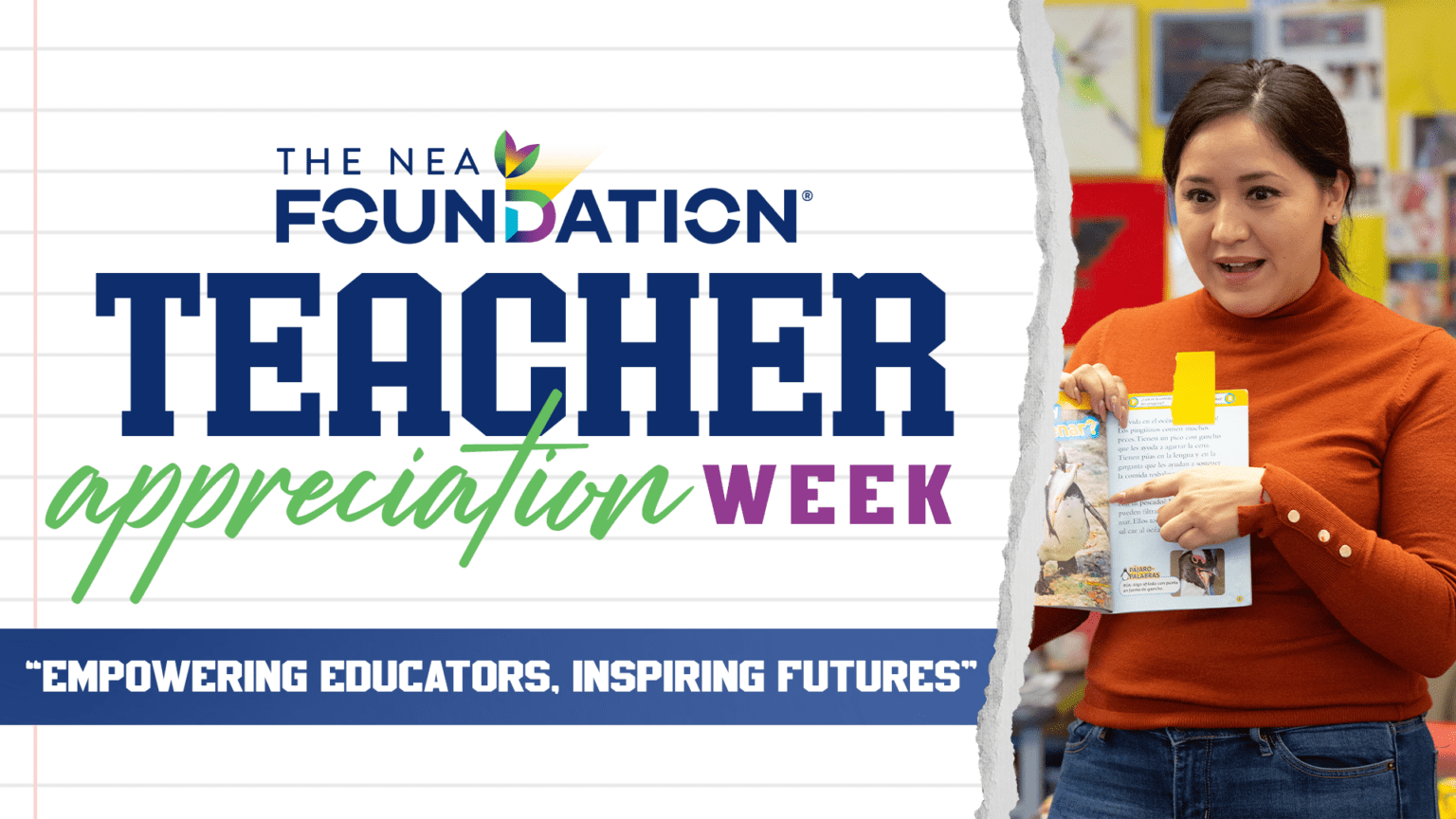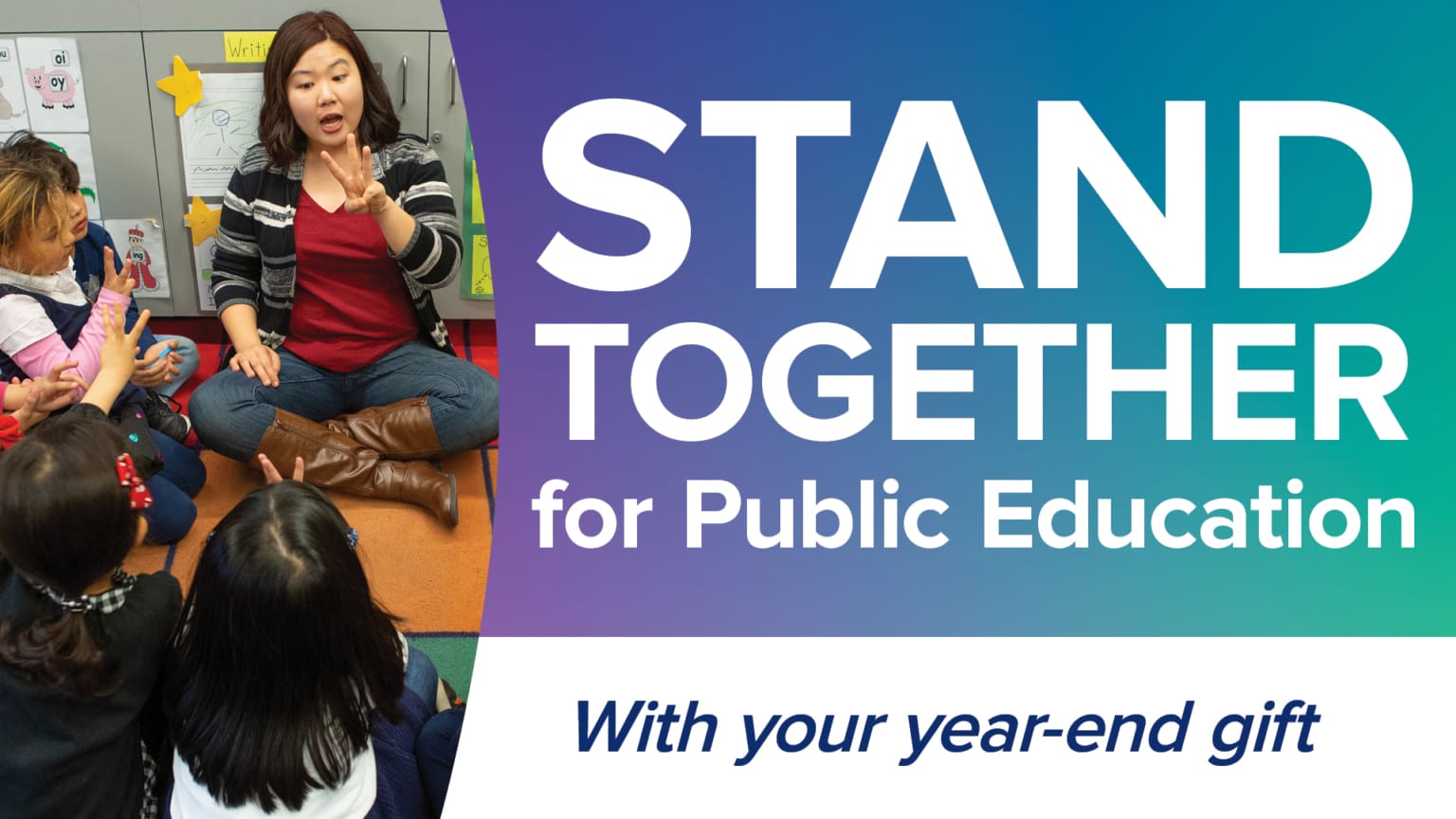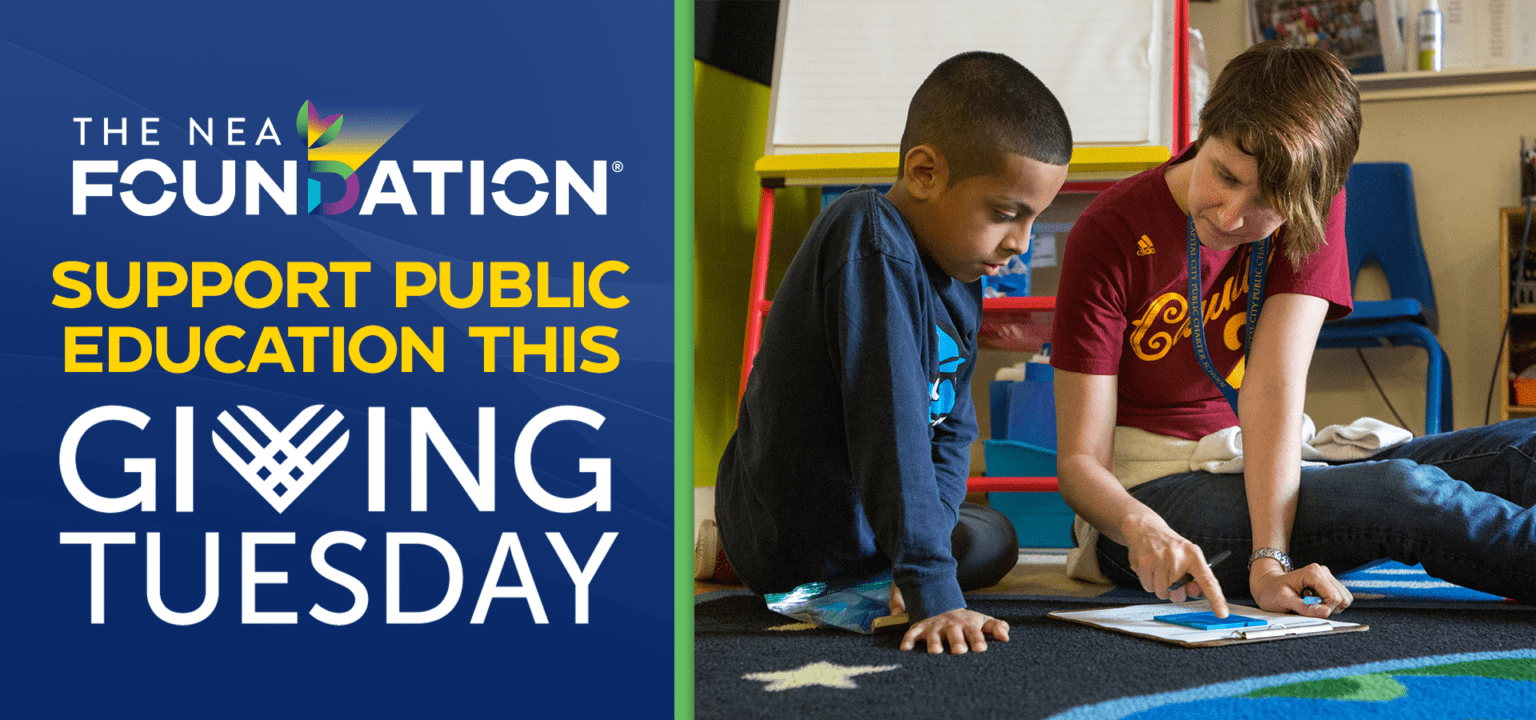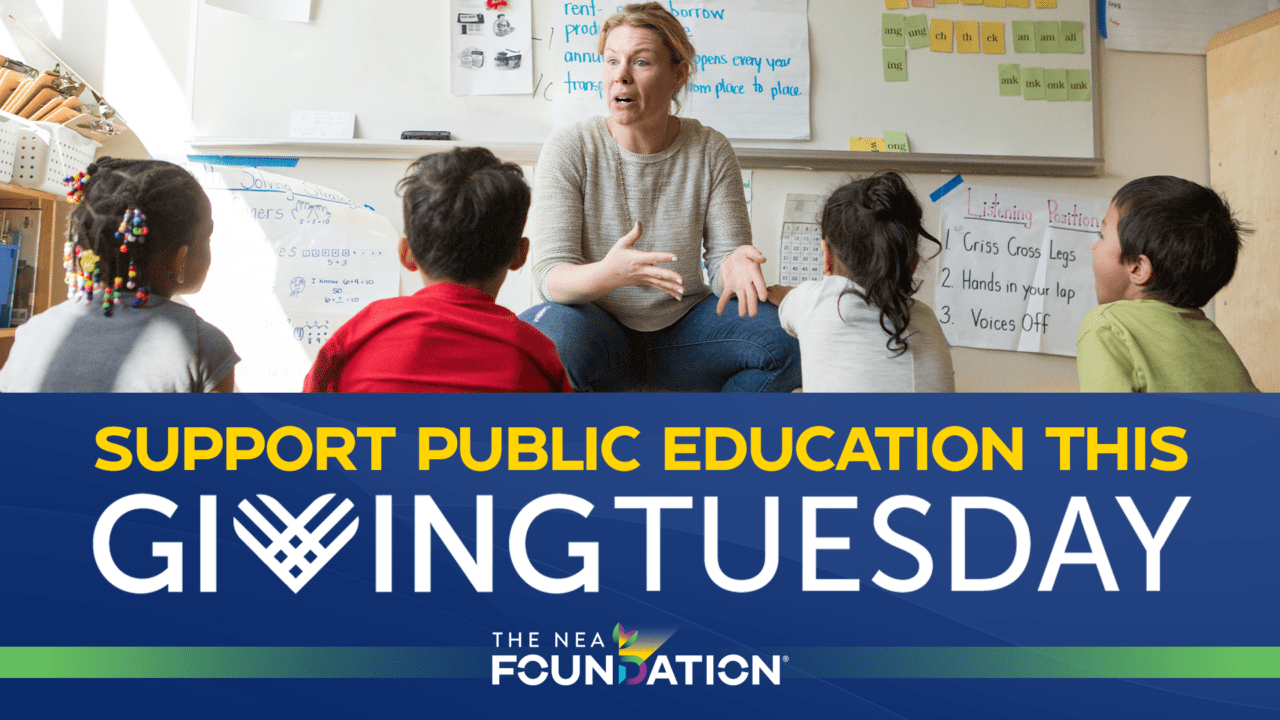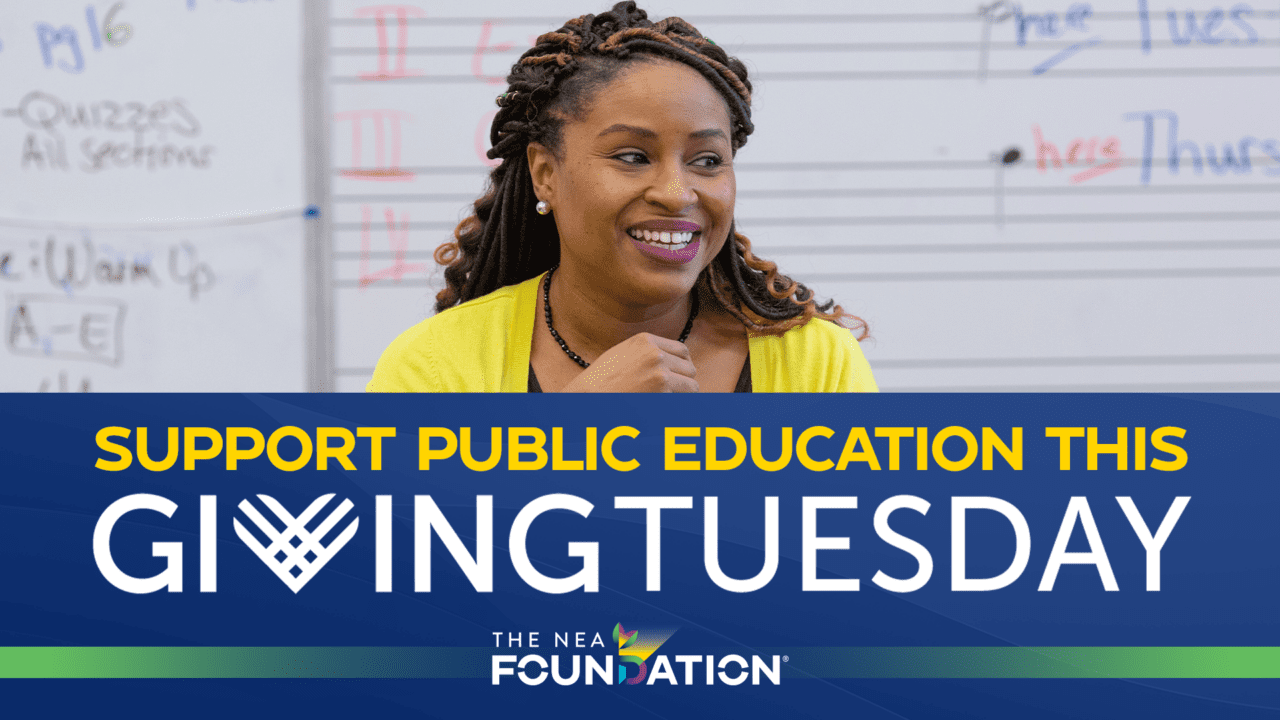When Toby Hedgepeth, a North Carolina parent and local pastor, stepped up to the microphone at her local Guilford County Commissioners meeting last summer, she tried to not let on that it was her first public comment ever. Her voice, a little shaky at first, quickly warmed up as she settled into her reasons for being there.
“We must stand together to push back on legislation that harms future funding of Guilford County schools, such as the voucher bill.”
As legislators nationwide debate school voucher programs, the call to action voiced by Hedgepeth and other North Carolina members of the Public School Strong campaign mirrors similar advocacy and opposition protests from students, parents, teachers, and public school administrators across the country. From California to Georgia, concerned community members are raising their voices against voucher programs and the persistent underfunding of public education that is disproportionately harmful to Black students and other students of color. It’s a systemic issue that requires a fundamental shift in how we perceive the value of our public schools and students of color, and prioritize education funding.
The current method of funding public education – primarily through property taxes – perpetuates inequality. It inherently favors affluent communities with higher property values, while leaving economically disadvantaged communities struggling to provide even the most basic resources for their schools. This creates a vicious cycle where schools in low-income districts receive less funding, leading to lower-quality education, which in turn limits opportunities for students to break free from the cycle of poverty.
Furthermore, the existing reliance on local property taxes exacerbates disparities between white communities and communities of color. Studies have consistently shown that schools serving predominantly Black and Hispanic students receive significantly less funding than those serving predominantly white students. This funding gap, both a tool and byproduct of generational inequalities and racist history, will perpetuate those inequalities for generations to come.
The impacts of these disparities can be clearly seen in the South, a region whose public schools receive, on average, less funding than public schools in the rest of the country. The South is home to nearly half of all U.S. children living in poverty, more than 90 percent of whom live in rural communities. It is also home to the country’s highest concentration of Black Americans. The American South – especially the rural South – is a stark example of how the existing funding systems neglect certain communities. All too often, these are the exact communities that would benefit the most from having well-resourced public schools.
Public education in the United States has long been a battleground for cultural and ideological conflicts grounded in racism. From the denial of public funding for Freedmen’s Schools, to the racial segregation of schools in the early 20th century, to the ongoing debates over curriculum content and book bans, questions of who gets educated with public tax dollars and how have been hotly debated. Thus the struggle for civil rights and educational equity has been waged in classrooms, courtrooms, and legislative chambers across the country.
During the era of Jim Crow segregation, Black students were systematically denied access to equal educational opportunities. Segregated schools were purposely underfunded and lacked basic resources, perpetuating a cycle of inequity that has persisted long after the legal end of segregation. While the landmark Supreme Court case Brown v. Board of Education in 1954 paved the way for desegregation, the fight for educational equity is far from over.
In more recent decades, public education has become a battleground for cultural and ideological clashes over issues such as critical race theory, sex education, science and evolution, and LGBTQ+ rights. Conservative efforts to ban books and restrict curriculum content have sparked fierce debates over academic freedom and the role of schools in shaping students’ values and beliefs.
These “culture wars” distract from the critical mission of ensuring a quality education for all students, while also hindering efforts to tackle real challenges in our schools, like inadequate funding and resource disparities. Until we address these funding and resource disparities, many students will continue to lack access to a quality education, exacerbating inequities along racial and socioeconomic lines. Schools in low-income areas frequently face shortages of qualified teachers, up-to-date textbooks, and proper facilities, denying those students the opportunities and support to succeed academically and pursue their dreams.
Moreover, the inequitable distribution of funding perpetuates a cycle of poverty and disadvantage, as students from low-income backgrounds are disproportionately impacted by underfunded schools. This lack of educational opportunity limits economic mobility, trapping individuals and communities in poverty for generations. Chronically underfunded schools are also repeatedly threatened by state takeovers and closings, robbing their surrounding communities of valuable educational and cultural resources.
Addressing the chronic underfunding of public education requires a multi-faceted approach. The solutions must address both the inequities ingrained in our education system and the broader societal factors that perpetuate inequality. We must confront the legacy of racial segregation and discrimination that continues to shape educational opportunities for millions of students. We also need to challenge the misguided policies and priorities that prioritize tax cuts for the wealthy over investments in our children’s future.
In a time when public education is under unrelenting attacks on various fronts, we need to come together to promote and strengthen our public schools. Funders are in a unique position to apply resources and expertise to address both the systemic inequities in public education and to support broader changes that can improve students’ lives and the long-term wellbeing of their communities.
For example, we need to prioritize investments in areas that have been historically neglected, such as early childhood education, culturally responsive education, professional development for educators, community schools, and other approaches that close historic educational opportunity gaps. Research has consistently shown that these investments not only improve academic outcomes across the board, but also contribute to long-term societal benefits, including higher graduation rates, reduced crime rates, and increased economic mobility.
We also need donors and philanthropic partners who consistently invest in education justice, racial equity, and strategies to advance a multi-racial democracy. It’s important that the philanthropic sector step into the moment and increase long-term investments in the community-based and national organizations that are leading education justice advocacy efforts nationwide. Parents, educators, and students are organizing to advocate for stronger, well-funded public schools that will be accountable to the diverse communities in which they are located – not to politicians or private interests who are using voucher programs and other means to bankrupt school districts. We need funders who understand these changes take time and will support these advocacy organizations long-term, as they are the best chance to protect our nation’s public education system and sustain our democracy.
Ultimately, public education is not just a public good but a moral imperative. It is the foundation of our democracy and the key to unlocking individual and collective potential. By underfunding public education, we are underinvesting in the maintenance of our democracy, shortchanging our children, and undermining the very fabric of our society.
As Toby Hedgepeth and other Public School Strong campaign members across the country continue to state: the time for action is now. We cannot afford to wait any longer to confront the deep-seated inequities that plague our education system. It is time to heed the call for change and ensure that every child, regardless of race or zip code, has access to the quality education they deserve. Our future depends on it.
by Glenn Harris, Sara A. Sneed, Dr. John H. Jackson
Author bios:
A native of the Southside of Chicago and product of the public school system, Dr. John H. Jackson leads the Schott Foundation’s efforts to ensure a fair and substantive opportunity to learn for all students regardless of race or gender.
Glenn Harris is president of Race Forward and has over 25 years of experience working on racial and social justice issues with community groups, foundations, and government agencies. He is currently a board member of the Philanthropic Initiative on Racial Equity (PRE).
Sara A. Sneed is President and CEO of The NEA Foundation, a national nonprofit philanthropy headquartered in Washington, D.C. with the mission to advance educational justice, equity, excellence and opportunity through public education.


